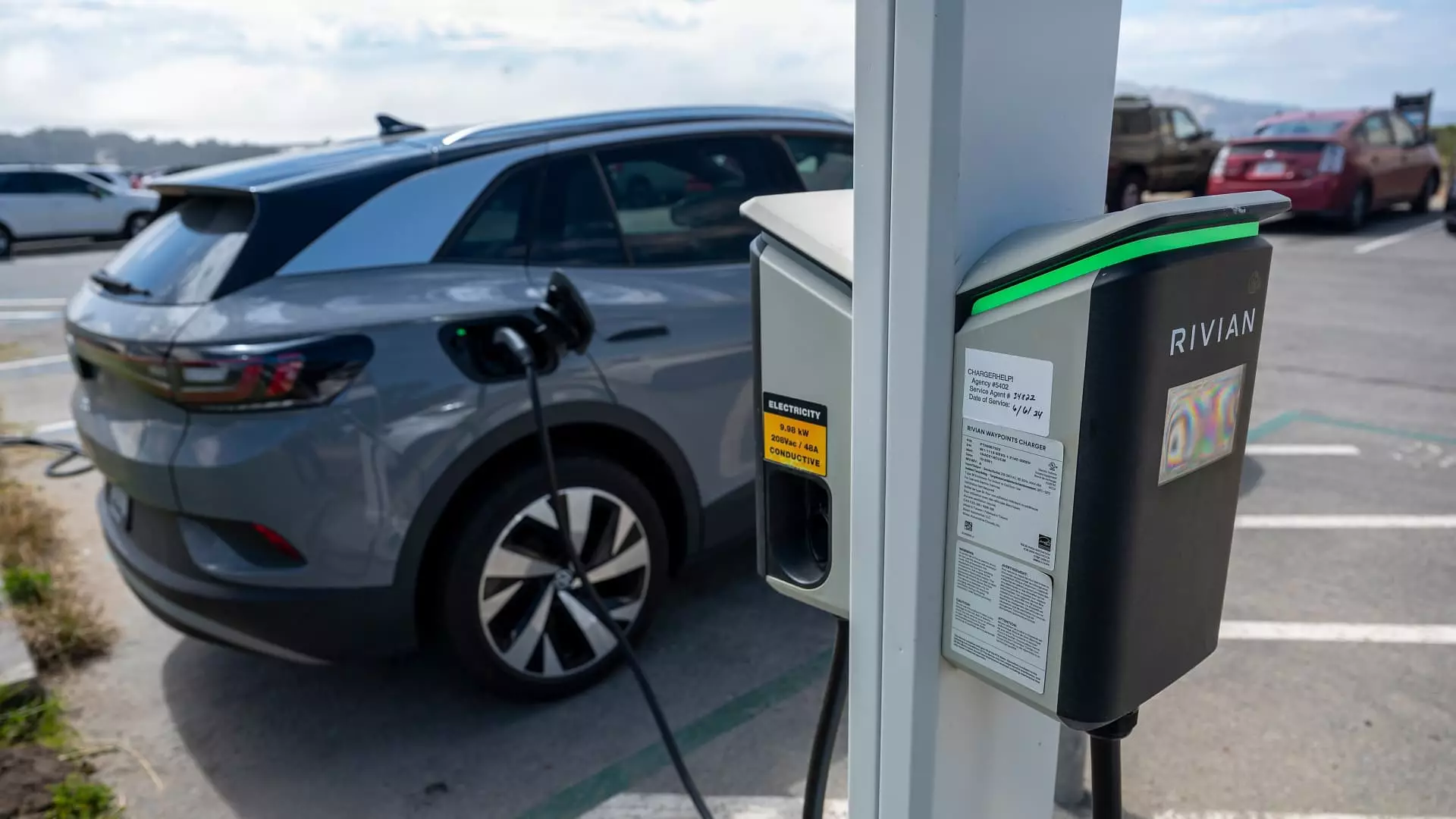Initially, it might seem like electric vehicles (EVs) are more cost-effective over time when compared to traditional gasoline-powered cars. The notion is that while EVs are usually more expensive to purchase upfront, the lower fuel and maintenance costs can lead to a lower total lifetime cost in comparison to gas vehicles. However, this statement cannot be taken at face value. Several factors such as the specific EV model, the location of the buyer, and the charging methods used can significantly impact whether or not EVs actually outperform gasoline cars in terms of overall cost.
Experts suggest that as battery prices continue to decline, EVs are likely to become more competitive with gasoline cars in terms of cost. The average consumer spent around $56,000 on a new EV in June 2024, as opposed to $49,000 for a gas-powered vehicle. While the price difference has been shrinking due to manufacturers reducing EV prices and federal tax credits of up to $7,500 being offered, it is essential to note that not everyone benefits from these incentives. Additionally, states and utility companies sometimes provide tax breaks to help offset the cost of EV ownership, but these vary by location.
Although EVs are generally predicted to save consumers money in the long run, it is crucial to evaluate the payoff for the additional upfront cost. According to a study published in 2023 by Consumer Reports, owning an EV could save the average driver anywhere from $6,000 to $12,000 throughout the vehicle’s lifespan compared to a conventional gasoline model. However, some people might pay an EV premium initially, which raises the question of how quickly they will recoup that extra expense.
A significant aspect to consider is that the relative financial benefits of owning an EV are heavily influenced by the geographic location of the driver. For instance, some states like Colorado, Illinois, Nevada, and New Jersey offer substantial savings of over $8,000 for EV owners over a five-year ownership period. On the contrary, residents in states like Maine and West Virginia might not see the same cost advantages. These disparities are primarily due to variations in electricity and gasoline prices, making it easier for EVs to be cost-effective in some regions compared to others.
One critical factor that can impact the cost-effectiveness of owning an EV is how the battery is charged. EVs tend to make more financial sense for individuals who can charge at home rather than rely on public charging stations, which are typically more expensive. In areas where residential electricity prices are lower during off-peak hours, such as overnight charging, the savings with an EV can be significant. The ability to charge at home can reduce the lifetime cost of certain EV models by thousands of dollars, highlighting the importance of accessibility to home charging for potential EV buyers.
While there are indications that EVs may offer cost savings over the long term compared to gasoline cars, the decision to purchase an EV should be based on individual circumstances. Factors such as geographical location, charging infrastructure, and incentive programs can greatly influence the financial benefits of owning an EV. As the EV market continues to evolve and battery technology advances, the cost competitiveness of EVs is expected to improve further. However, it is essential for consumers to carefully assess their own situation and weigh the upfront costs against the potential long-term savings before making the switch to an electric vehicle.

